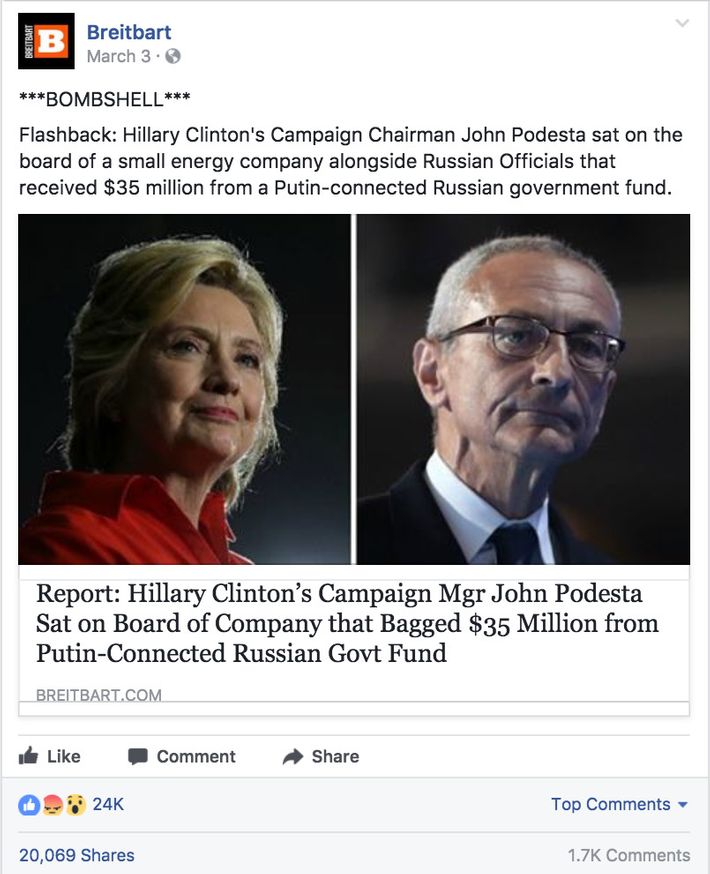

Polling found there was no ideological difference between Clinton voters and Sanders voters. The rousing success of Bernie Sanders was largely a product of Clinton’s corrupt reputation. Her favorable ratings were bound to fall when she returned from a non-political role as secretary of State to candidate taking live bullets. The news media relentlessly cast the Democratic front-runner as secretive and corrupt, to the point where she was almost no longer the front-runner at all. He helped fund and direct research, such as “Clinton Cash,” which depicted Hillary Clinton as greedy and criminal.īannon’s work in the anti-Clinton complex turned out to shape the battlefield for the campaign in precisely the way he predicted. He believed sufficiently credible research could be injected into news organs that potential Clinton voters would read. Rather than dismiss the mainstream media as hopelessly biased, as most conservatives did, Bannon grasped both its importance and potential utility. They whipped their base into a failed crusade for impeachment while destroying their credibility with the mainstream media. The conservative media ecosystem recirculated lurid fantasies that the Clintons were murderers, connected to a drug cartel, and so on. Bannon’s key insight was that the anti-Clinton campaign of the 1990s failed. The anti-Clinton industry had existed since the early 1990s as both a partisan messaging tool and a reliable source of income. And that, of course, is a skill made obsolete through Trump’s victory.Īs Green explains, Bannon came out of a wing of the conservative movement that was professionally dedicated to discrediting Bill and Hillary Clinton. That was what won the presidency for Trump.

“Devil’s Bargain,” Josh Green’s fine history of Bannon’s role in the campaign, makes clear that the chief strategist’s essential work lay in his attacks on Hillary Clinton. Bannon’s true contribution to Trump is less widely understood. President Trump has followed Bannon’s xenophobia and barely disguised racism, but ignored his anti-Semitism and fascination with fomenting trade war with China, a trillion dollar infrastructure bill, and a higher tax rate on the rich. Steve Bannon, the most recent loser in the White House game of thrones, leaves the White House best known as the chief ideologist of a new right-wing synthesis, which he used to call “alt-right” and now calls “nationalism.” Those ideas, though, have been followed only intermittently.


 0 kommentar(er)
0 kommentar(er)
